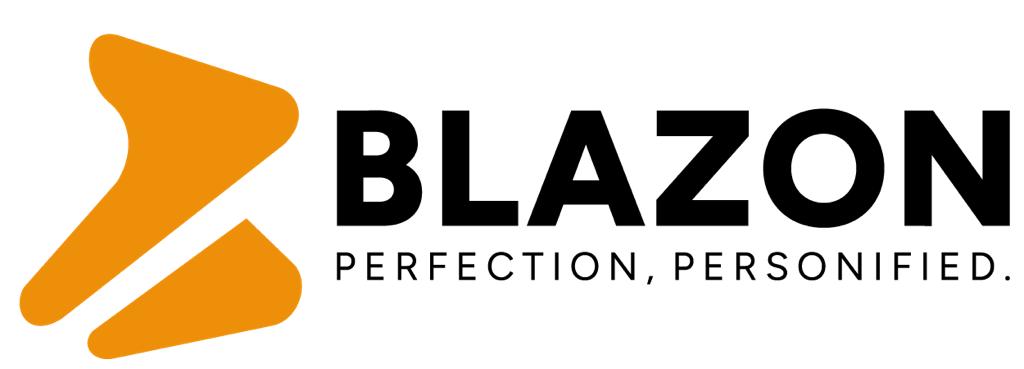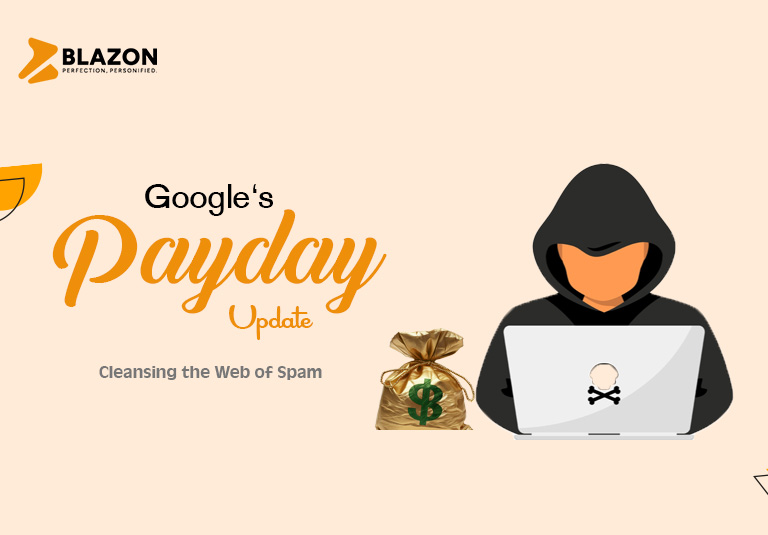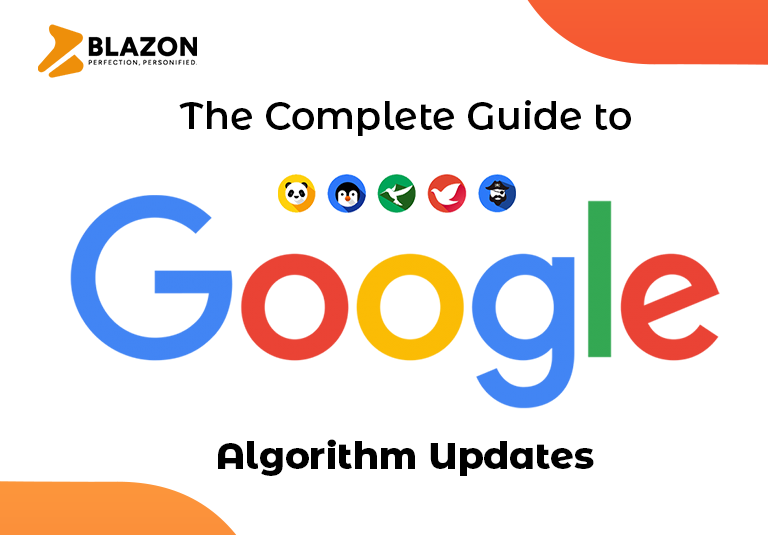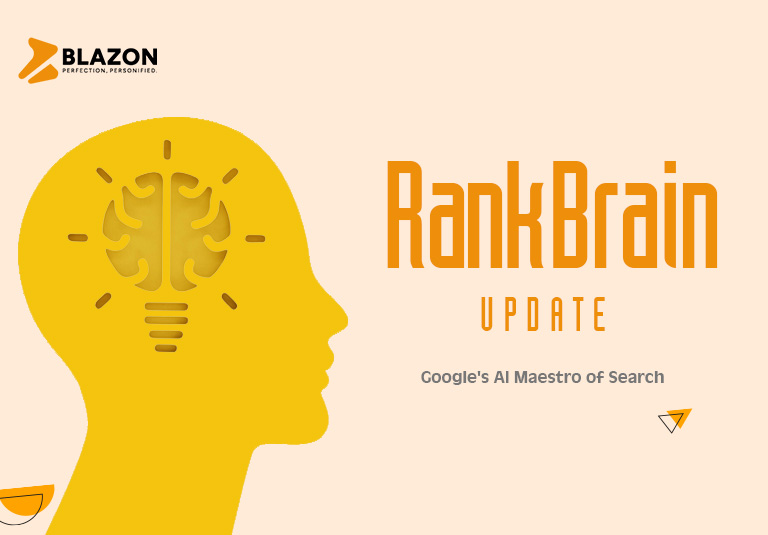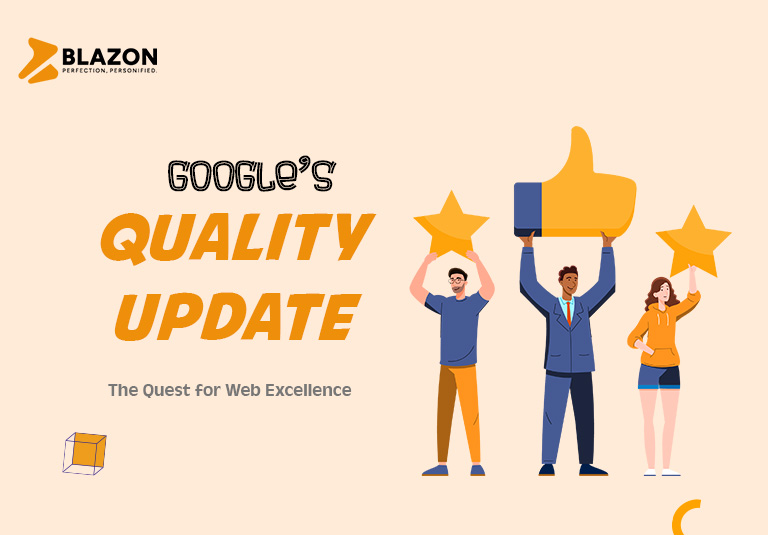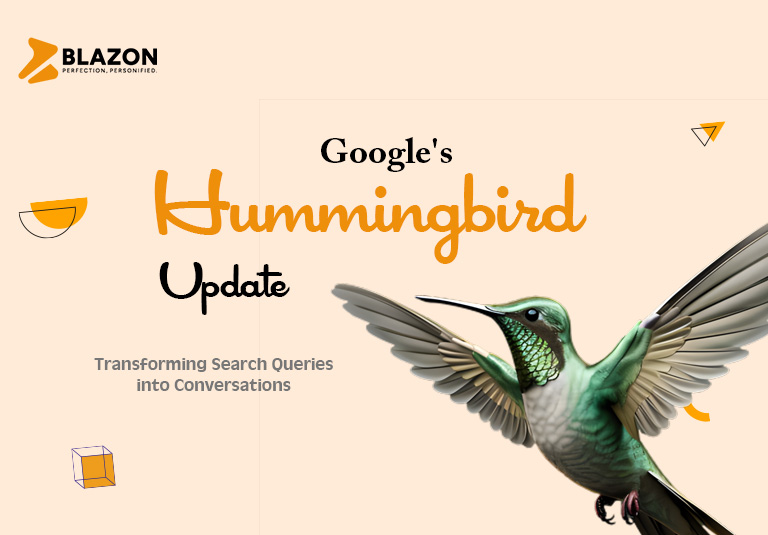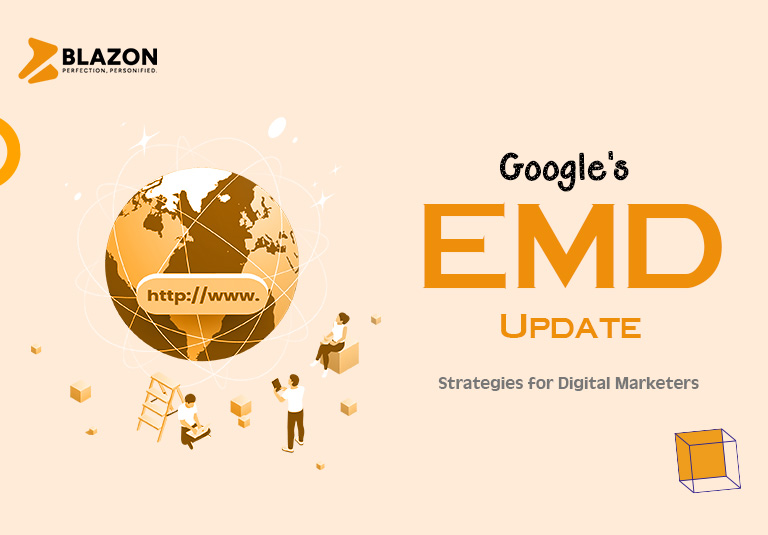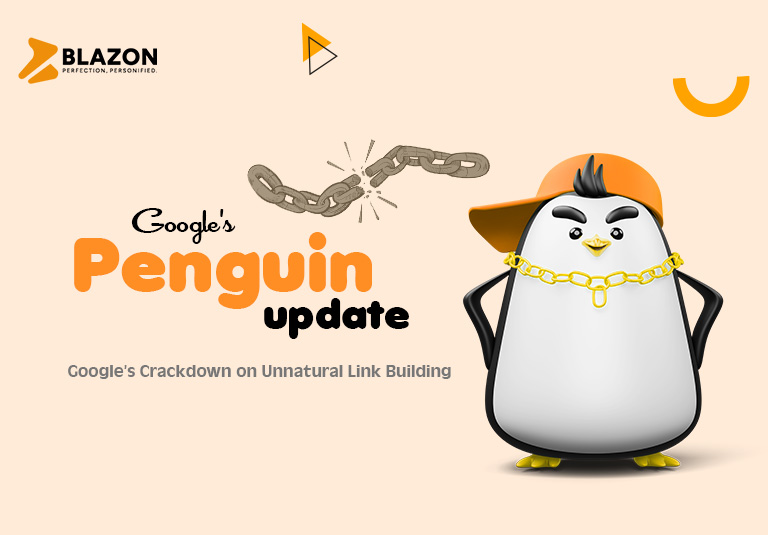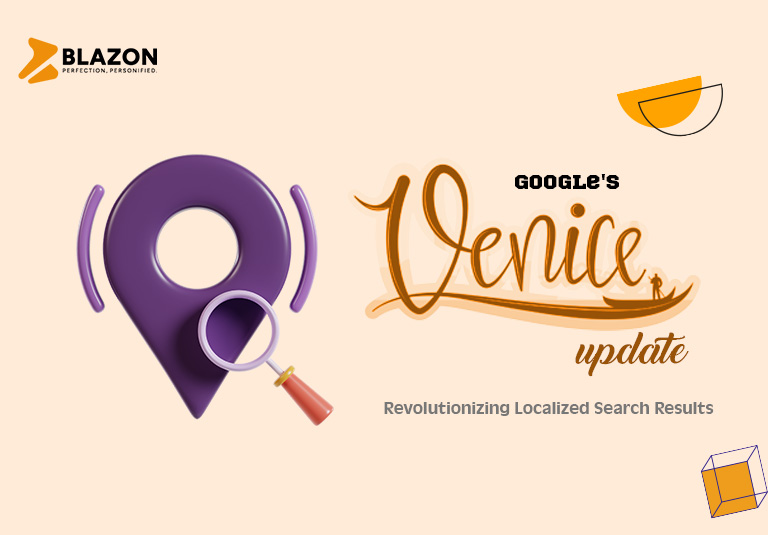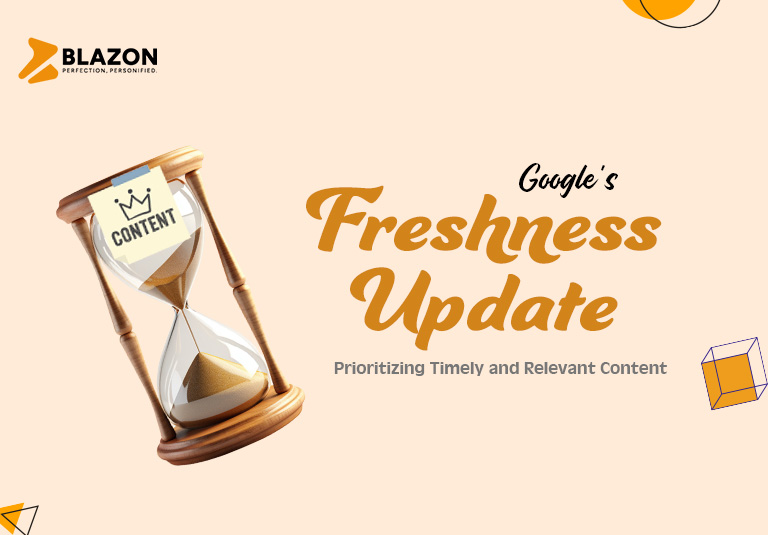In the ever-evolving landscape of search engine optimization (SEO), Google’s algorithm updates stand as milestones that redefine the boundaries and practices of digital content creation.
Among these transformative updates, the “Payday Loan” algorithm changes were specifically designed to target and diminish the visibility of low-quality sites that exploited search queries associated with highly lucrative but controversial subjects.
This article delves into the essence, implications, and strategic responses to Google’s Payday updates, offering a comprehensive guide for navigating this crucial aspect of digital marketing.
Background and Objectives
Launched in multiple phases starting around 2013, the Payday Loan updates were a response to the increasing visibility of spammy and low-quality content tied to high-interest loans, financial services, and other ‘high-payoff’ commercial ventures.
The aim was straightforward yet ambitious: to clean up search results for queries prone to exploitation by predatory websites, thereby improving the overall quality and reliability of information available to users.
Impact on SEO and Webmasters
The introduction of the Payday Loan updates sent waves through the SEO community.
Websites that had previously enjoyed top rankings through manipulative practices such as keyword stuffing and link schemes saw a dramatic decline in visibility.
Conversely, this update rewarded websites that focused on delivering genuinely helpful, high-quality content, establishing a precedent that content quality and user value were paramount for achieving and maintaining high search rankings.
Navigating the Aftermath
Strategies for Compliance and Success
The Payday Loan algorithm updates underscored the need for ethical SEO practices. Here are key strategies for website owners and content creators to align with Google’s quality guidelines:
- Focus on Quality Content: The cornerstone of any successful SEO strategy is high-quality, relevant content. Websites should aim to provide value to their users, addressing their needs and questions comprehensively and accurately.
- Ethical Link Building: Instead of resorting to questionable link schemes, focus on earning links naturally through the credibility and usefulness of your content. Networking with reputable sites in your niche can also contribute to a healthier link profile.
- Keyword Use with Integrity: While keywords remain essential for SEO, their integration should feel natural and serve the reader’s understanding. Avoid over-optimization tactics that compromise the readability and value of content.
- Regular Site Audits: Conducting periodic reviews of your website for issues such as broken links, duplicate content, and navigation problems can enhance user experience (UX) and SEO performance.
- Adapt to Algorithm Changes: Stay informed about Google’s algorithm updates and adjust your SEO strategies accordingly. Understanding the intent behind updates can guide you to make proactive improvements.
Looking Ahead
The Evolution of SEO in the Wake of Payday Updates
The Payday Loan updates are a clear indication of Google’s commitment to promoting a safer, more valuable online environment.
As algorithms become more sophisticated, the emphasis on content quality, ethical SEO practices, and user experience will only intensify.
Websites that prioritize these elements can expect to thrive, while those relying on manipulative tactics will find themselves increasingly marginalized.
Conclusion
Google’s Payday Loan algorithm updates have significantly reshaped the SEO landscape, challenging webmasters and content creators to elevate their practices towards greater authenticity and user value.
By adhering to Google’s guidelines and focusing on the long-term benefits of ethical SEO, websites can achieve sustainable success in search rankings.
As we move forward, the lessons learned from the Payday updates will undoubtedly continue to influence digital marketing strategies, emphasizing the importance of integrity and quality in the digital age.
